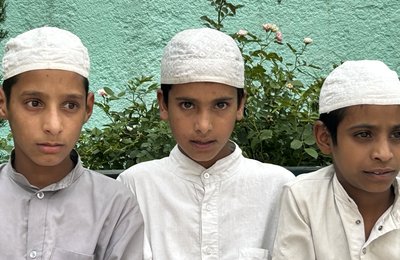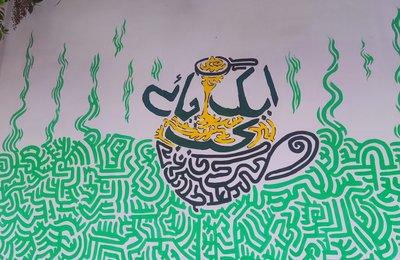Urban-in promotes equal opportunities for all through activities and programmes aimed at creating a vibrant civil society and modern democratic institutions in the Novi Pazar, Serbia. The organisation also promotes tolerance and dialogue as the primary means of resolving disputes.
Urban-in promotes equal opportunities for all through activities and programmes aimed at creating a vibrant civil society and modern democratic institutions in the Novi Pazar, in the Sandžak region of Serbia. The organisation also works to promote tolerance and dialogue as the primary means of resolving disputes.
Urban-in has implemented a variety of activities that explore the strategic development of Novi Pazar and the wider region through conferences, public forums, cultural events and research. Urban-in regularly conducted informal and civil education programmes, plus capacity building for other NGOs.
Partnerships against Poverty
Through this initiative Serbia's poverty reduction strategy was implemented through a series of local initiatives. Promotional material was distributed and a survey of citizens conducted on how to improve the living standards of all citizens, especially vulnerable groups such as Roma, refugees and displaced persons, and persons with disabilities. The initiative was very well-received by the citizens of Novi Pazar, with over 200 people completing the survey in under two hours. The results demonstrated the extent of poverty in Sandzak and citizens' limited knowledge about the Poverty Reduction Strategy. As part of this project, Urban-in also organised a street event to mark the International Day Against Poverty.
Promoting Youth Activism in Sandzak – the Youth Resource Center Sandzak
This initiative aims to encourage young people to pursue a participatory approach to resolving problems such as increasing poverty, unemployment and ethnic tensions. The project was implemented in six towns in Sandzak - Novi Pazar, Sjenica, Tutin, Nova Varos, Prijepolje and Priboj. A Youth Resource Centre was established, whilst coaching teams were trained in a variety of leadership, political and management skills that could be transferred to NGOs, political parties and local institutions, thereby ensuring the long-term sustainability of the project. The project also encouraged networking with, and mutual support to, other youth organisations and political parties, and strove to promote multi-ethnic and intercultural values, whilst developing institutional mechanisms for dialogue, trust and partnership.





